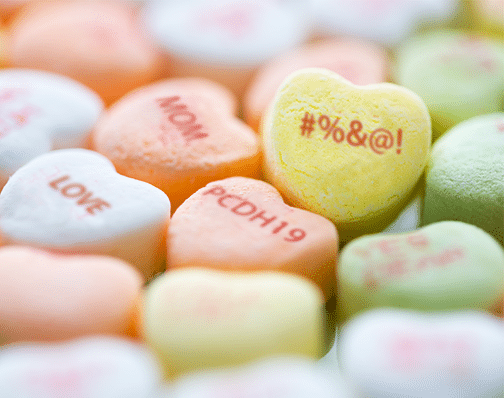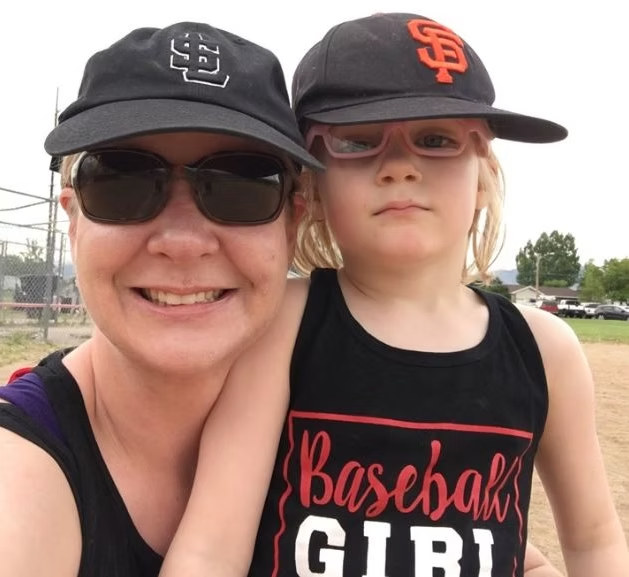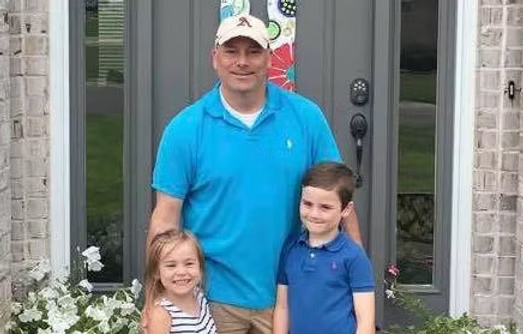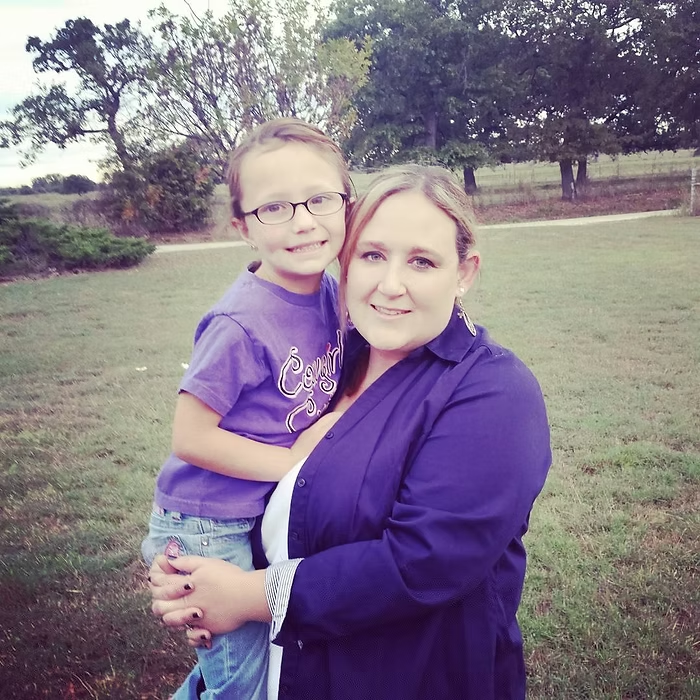This week researchers from University California San Francisco and Boston Children’s Hospital released a study based on data from the PCDH19 registry . The researchers looked at several areas of our kids lives to see how they are impacted by the disorder. They found that seizure clusters are still the hallmark of PCDH19 and sleep issues are common, as are intellectual disabilities. They also discussed the behavioral challenges that many of our kids face and noted that for lots of parents these are more of a struggle than the seizures. This is definitely true in my house.
When we are faced with seizures, I know exactly what to do. I have a protocol from her doctors explaining what medications to give when and at what point to go to the hospital. We have a whole system down. Seizure clusters are still terrifying and exhausting ordeals for everyone involved but at this point we understand how to react. The behavior issues we face regularly are not so clear cut.
Many of the other parents I speak to with kids who have PCDH19 describe behavior issues as overwhelming. Good kids can have violent rages and behavior can spiral out control. When I say that, I don’t mean that our kids get sassy occasionally and slap their siblings once in a while like most neurotypical children. I mean that I have been bit, kicked, hit and spit on. I have patched holes in walls, caught a run-away, and been the mom in WalMart whose child is screaming that she’s an f***ing b****. Especially during auras, the time when the brain is chaotically building up to a seizure, sometimes the behavioral effects of PCDH19 can completely hide our beautiful daughters. As a mom, I feel helpless when this happens
There are interventions that can help. Our kids can benefit from therapy to help them cope with big emotions and the limits they face. Many parents also find tricks to help their children avoid meltdowns when possible and to help them walk through rages safely when it’s not.* Some days, I use all those tricks and they work and we have an almost normal day. Some days I try my best and nothing helps. Other days I completely fail at this. Occasionally, it feels so overwhelming that I just want to hide or scream or run away on a 4 wheeler.
I think to many, the exhaustion from coping with difficult behaviors can be surprising. We fight so hard when our kids are in a seizure cluster that we see the times between as a break. When behaviors make that time an emergency too, we can get so tired, physically and emotionally that it feels like there is nothing left. It can feel devastatingly lonely in those moments but the truth is I don’t know any special needs parent who been on this journey and long hasn’t felt so desperate they briefly fantasized about running away or hiding in the closet with a bag of butterfingers at some point.
We’ve all been so tired or overwhelmed that we acted outside of our normal. Those days happen. The trick is to take care of ourselves so they don’t happen too often and so that they don’t cause any real damage when they do. In therapy, we call this self-care. Basically, we’re talking about the stuff that nourishes your soul. We want to be sure to distinguish this from numbing behaviors which can be similar but exist only to keep us from feeling anything. You know something is probably self-care if you feel sustained afterwards or more connected to the people in your world. So, staying up late on Thursday night to watch Scandal, drink wine and pretend I’m Olivia Pope might be self-care but watching Friends reruns till 4:00 in the morning while downing a bottle of tequila would qualify as numbing.
I recommend focusing on one small act of self-care every day and a big one every week, plus extras during meltdowns or when we’re going through hard times. It’s best to have some ideas of what you can do before the crisis hits and to focus on self-care even when things are going OK. That doesn’t mean we have to spend a fortune; good self-care can be cheap or free. Here’s a few of my favorite ideas:
During the crisis:
Whether you are in the middle of a cluster or trying to survive a violent outburst, it’s important to keep your cool.
- Practice deep breathing. If you aren’t hyperventilating, stick a peppermint in your mouth and focus on how the cool air feels in your throat.
- Grab a stress ball and squeeze as hard as you can.
- Create a mantra to chant during the hard moments. This is a short, meaningful phrase that you can cling to when everything feels chaotic.
- Imagine something fantastical. Sometimes I take a cue from the old TV show, Scrubs and imagine something wild happening in the midst of the chaos. Maybe the person screaming suddenly starts to shrink until they are two inches tall, and thus much less intimidating. Or I might imagine actual thunder and lightning coming out of her fist and then Thor getting mad at her for stealing his schtick. Typically the wilder and more irreverent the better.
Daily
On a daily basis, we need to take a few minutes to recharge. If this starts to feel like another overwhelming item on your to-do list, you’re doing it wrong. It’s just about giving yourself a chance to recover from life. That means that it’s especially important when life feels like a beating.
- Reach out to a friend. The temptation is to just scroll mindlessly through social media but that’s numbing. You can use technology but chat with a specific person in a way that makes you feel connected.
- Take care of your body. Go for a walk or exercise. Take a shower(!) and use a delicious smelling soap. Get some sleep.
- Watch videos of baby pandas or dogs or cats. Whatever random thing makes you smile, give yourself permission to enjoy it for a few minutes.
Weekly
If you’re going to spend a little money on self-care, this is where that might happen but it doesn’t have to. I pay to get my nails done because it makes me happy. I have friends who get regular massages or take time out for hobbies. Lots of parents with special needs kids are short on time, money and childcare. It’s important that we understand our limitations while finding ways to care for ourselves in spite of them.
- Read whatever feeds your soul. Whether that’s scripture, horror, trashy romance or a comic book, indulge in reading that you enjoy.
- Go on a date night. Sometimes that might mean eating cold pizza in the backyard at 2:00AM but find some time to reconnect with your partner.
- Find a hobby. I did mixed martial arts for a few years after Alyssa was diagnosed and it kept me sane. There are parents in the Alliance who do glass making, crafting, a whole variety of sports and other pursuits. Don’t give in to the message that you have to give up every part of yourself during this season. Instead, give yourself permission to try something new and make your own mental health a priority too.
Raising a child with PCDH19 epilepsy can feel overwhelming. I’m a therapist who has taken the classes and read the books and I still struggle. That’s because this is hard. It is gut wrenching, screaming into your pillow in the middle of the night, hard. None of the self-care strategies I shared are magic bullets that will make everything better overnight. They won’t suddenly make surviving a cluster or managing a meltdown enjoyable. Instead, they will help sustain you on this journey so that you’ll have fewer days when running away on a four wheeler feels like a legitimate option. Please take some time today to take care of yourself and encourage the other exhausted, special-needs parents in your world to do the same.
*Dr. Khyati Brahmbhatt will be presenting on some behavioral management at the PCDH19 conference in June. If you have a child with PCDH19, that session promises to be very helpful.
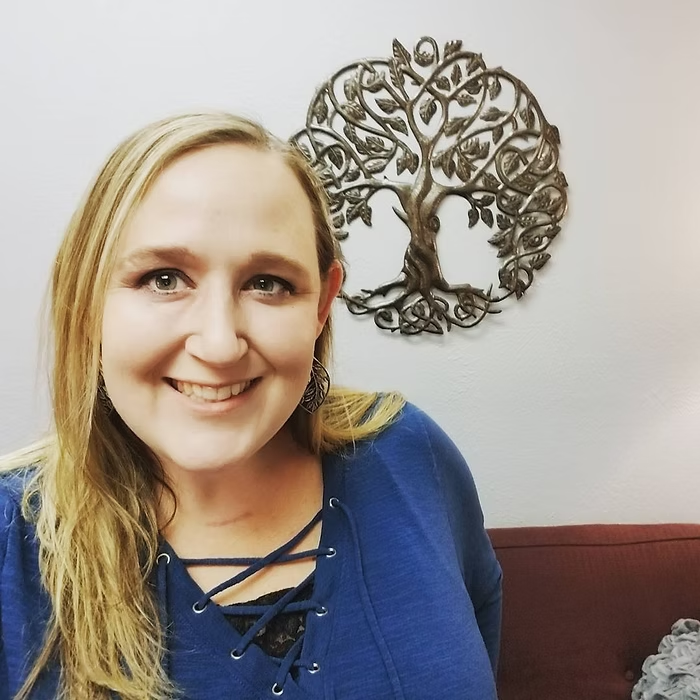
Le is a counselor, a wife, and a mom to three kiddos. Her daughter, Alyssa, is 9 years old and was diagnosed with PCDH19 Epilepsy in 2013. She shares her journey on Mom* and would love to connect with you on Facebook or Instagram

